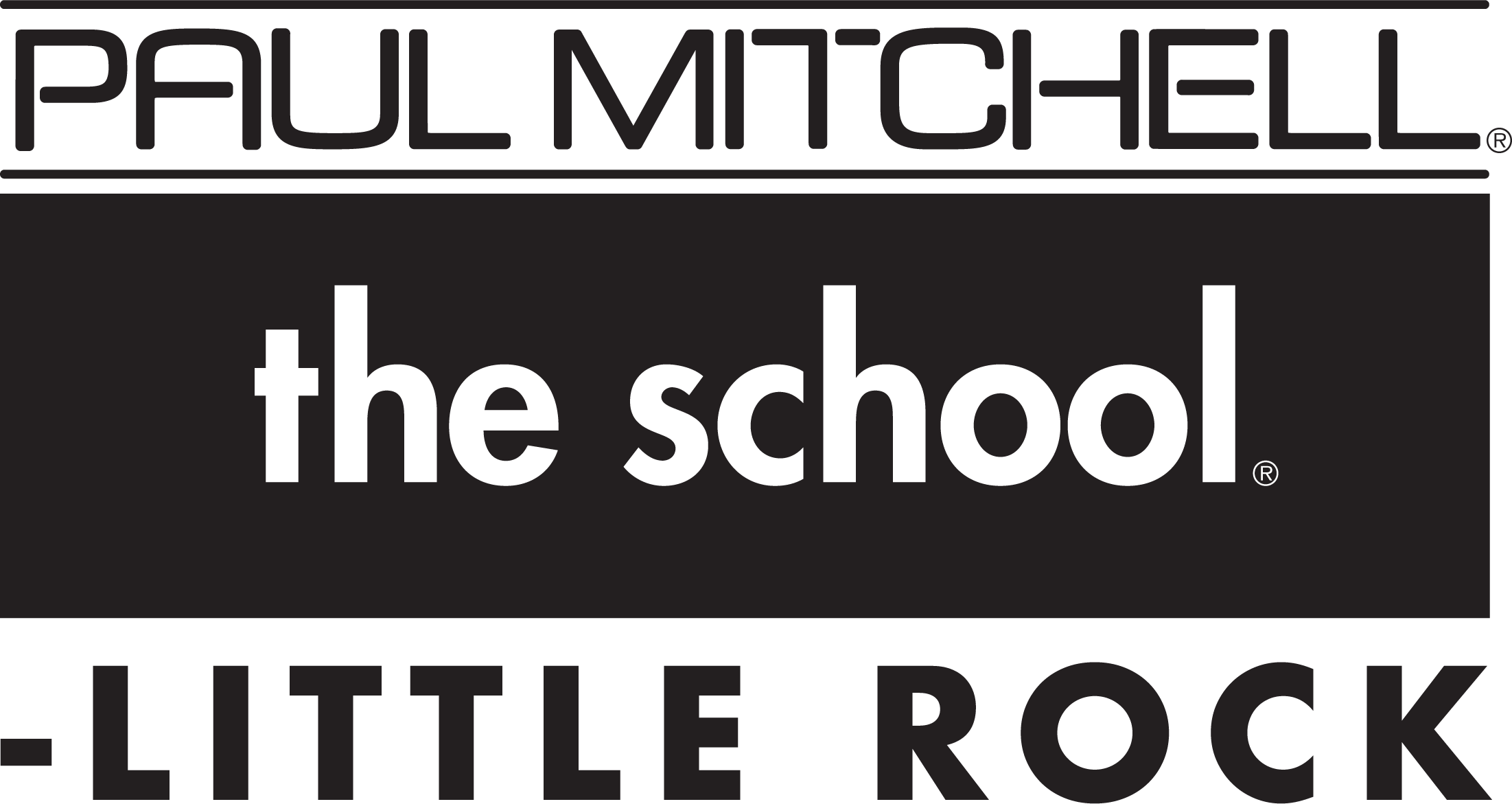BASIC COSMETOLOGY COURSE DESCRIPTION
BASIC COSMETOLOGY: Standard Occupational Classification (SOC 39-5012.00)
Classification of Instructional Program (CIP 12.0401)
The curriculum involves 1500 hours to satisfy Arkansas state requirements. The course includes extensive instruction and practical experience in cutting, hair coloring, perming, customer service, personal appearance and hygiene, personal motivation and development, retail skills, client record keeping, business ethics, sanitation, state laws and regulations, salon-type administration, and job interviewing.
Graduates are prepared to be entry level cosmetologists.
This course is taught in English. Textbooks and course materials are only offered in the English Language.
BASIC COSMETOLOGY COURSE OVERVIEW
Course Hours: 1500 clock hours
The course is divided into pre-clinical classroom instruction, classroom instruction, and clinical service learning experiences.
- Pre-clinical Classroom Instruction: The first 210 hours are devoted to classroom workshops where students learn design principles, technical information, and professional practices.
- Clinic Classroom Learning Experience: The remaining 1290 hours are spent in the clinic classroom area where practical experience is gained.
BASIC COSMETOLOGY COURSE OUTLINE
Our basic cosmetology program is divided into six designations:
- Core Curriculum: About a 210 hour orientation, known as the Core program, instills the basic fundamentals. Students are graded and evaluated using written, oral, and practical testing methods. Students must successfully complete the Core curriculum prior to attending regularly scheduled weekly daily classes in cutting, coloring, permanent waving, and chemical texture services.
- Clinic Classroom Learning Experience: The clinic time from about 210 to 1500 hours will be guided with individual attention and group learning experiences using mini-classes, clinic classroom practical skill assessments, and periodic evaluations developed specifically for this monitoring progress. This is when our students begin experiencing their clinic classroom education on paying clients in the clinic classroom area.
- Classroom Learning Experience: The classroom time from about 210 to 1500 hours is divided into five (5) areas: cutting, coloring, texture, makeup, skin, and nails. Each area has an instructor who conducts the different specialty classes each week. Classroom Learning Experiences may also include retail, motivation, self improvement, professional development, and attendance education which may be conducted by an instructor, non-licensed staff member or guest artist. Professional development classes include: resume development, professionalism, interview preparation, and job search skills.
- Adaptive Curriculum: From about 210 to 750 hours our students will enter a new phase of specialty classroom workshops coupled with challenging practical services designed to continue building them into a beauty industry professional.
- Creative Curriculum: Our students will spend their last 750 hours at Paul Mitchell the School - Little Rock in “high gear” by dressing, acting, and working like a beauty industry professional. They will use their own artistic and creative abilities, coupled with the assistance of the Learning Leaders, to prepare for a future beauty industry career.
BASIC COSMETOLOGY COURSE SUBJECTS
The instructional program of Paul Mitchell the School - Little Rock meets or exceeds the state requirements:
| Units of Instruction | Theory Hours | Practical Hours |
|---|---|---|
| Hygiene and Sanitation (sterilization, hygiene, lighting, ventilation) | 60 | 20 |
| Related Science (physiotherapy, cosmetricity, physiology, histology, anatomy, neurology, myology, osteology) | 120 | N/A |
| Hairdressing (cleaning hair, shampooing, clipping, singeing, drying, tinting, bleaching, scalp massage, brushing, combing, permanent waving, reconditioning hair, wiggery, thermal pressing, iron curling, chemical relaxing) | 400 | 600 |
| Manicuring (nail construction, filing, shaping, loosening cuticle, removing cuticle, hand and arm massage) | 45 | 55 |
| Aesthetics (facial massage, cosmetics, packs, art of makeup, eyebrow arching, eyelash dying) | 50 | 50 |
| Salesmanship and Shop Management (record keeping, business law, cosmetology law and rules, booking appointments, retailing) | 30 | 20 |
| Professional Ethics (courtesy, neatness, professional attitude, use of student hours) | 49 | N/A |
| Domestic Violence and Sexual Assault Training (as set forth in A.C.A 17-26-205(a)) | 1 | N/A |
| TOTAL COSMETOLOGY HOURS | 755 | 745 |
The institution offers employment assistance to help graduates’ efforts to secure education-related employment that includes, but is not limited to training in professionalism, resume’ development, job interview preparation and job search skills.
BASIC COSMETOLOGY PROGRAM TESTING AND GRADING PROCEDURE
The following tests and grading procedures are used to assess student learning and mastery of course content in the 1500-hour course:
- Academic theory exams: Students must receive a grade of 70% or higher on each assigned theory exam.
- Core written and practical skill exams: Students must receive a grade of 70% or higher on each written exam and each practical skill exam in order to complete the Core program. The exams are an overview of instruction taught during the Core schedule. All Core written and practical skill exams must be passed with a 70% in order to transition to the Clinic Classroom. If students are unable to pass each exam after two attempts, the student may be asked to withdraw from the program and re-enroll in the next available Core class start date.
- Final exam: Taken around 1200-1400 hours, this written exam covers an overview of all theory instruction. Students must receive a grade of 70% or higher on all final exams.
- Clinic Practical Skill Assessments: Future Professionals progress in practical skill assessments and theory hours will be digitally monitored on a weekly basis by the Future Professional Advisor using the Course Key app. All assigned practical skill assessments must be completed in order to complete the program.
